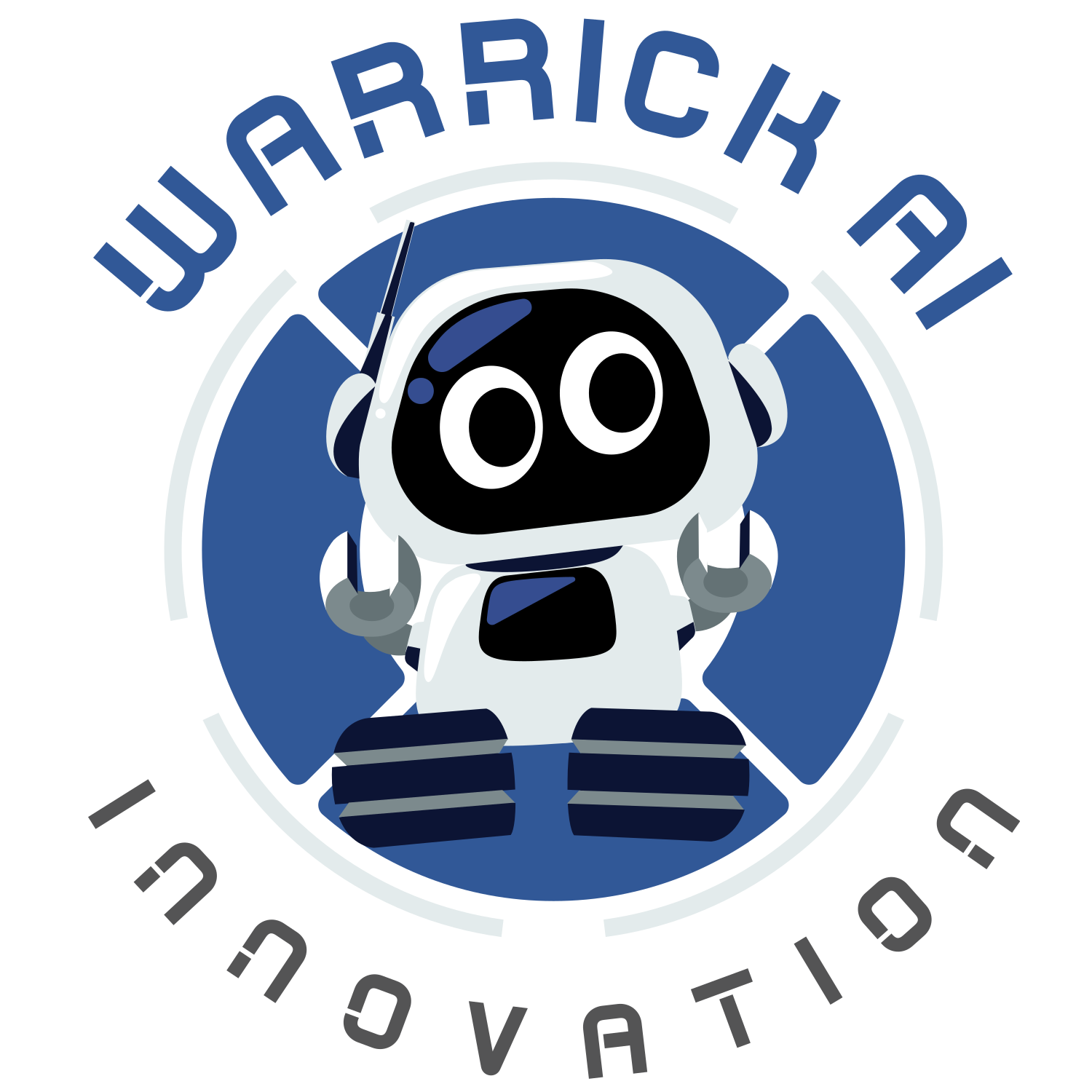
- Natural Language Processing (NLP) solutions
- Computer vision systems
- Predictive analytics and forecasting
- Recommendation engines
- Process automation and RPA
- Chatbots and conversational AI
Warrick AI Specialized Applications: Custom-Built Intelligence for Industry-Specific Challenges
While generic AI solutions address broad business functions, true competitive advantage emerges from specialized applications tailored to specific industry requirements and operational complexities. Warrick AI’s specialized applications go beyond off-the-shelf tools, creating custom intelligence systems that understand the nuanced demands of particular sectors, workflows, and business challenges.
Domain-Specific Intelligence Architecture
Specialized AI applications require deep understanding of industry-specific data patterns, regulatory requirements, and operational constraints. Unlike horizontal AI solutions that attempt to serve multiple industries with general-purpose capabilities, Warrick AI’s specialized applications are architected from the ground up to excel within particular domains.
This approach enables the development of AI systems that understand industry terminology, comply with sector-specific regulations, and integrate seamlessly with existing specialized software and processes. For healthcare organizations, this means AI that understands medical terminology and HIPAA compliance. For financial services, it translates to systems that navigate complex regulatory frameworks while processing sensitive financial data.
The specialized approach extends to data processing capabilities. Custom models trained on domain-specific datasets achieve significantly higher accuracy rates than generic alternatives because they recognize patterns and relationships unique to particular industries. This specialized training enables more precise predictions, better anomaly detection, and more relevant insights.
Industry-Tailored Solutions
Warrick AI’s specialized applications address the unique operational challenges across multiple industries. In manufacturing environments, custom AI systems optimize production schedules while monitoring quality control parameters specific to particular production processes. These applications understand the relationship between equipment specifications, material properties, and environmental conditions that generic solutions cannot comprehend.
Financial services benefit from specialized applications that process complex regulatory documents, analyze credit risk using industry-specific criteria, and automate compliance reporting according to evolving regulatory requirements. These systems incorporate deep understanding of financial instruments, risk assessment methodologies, and regulatory frameworks that general-purpose AI cannot match.
Healthcare applications leverage specialized medical AI that processes clinical data, assists with diagnostic imaging interpretation, and manages patient workflows while maintaining strict privacy protections. The systems understand medical terminology, clinical protocols, and healthcare-specific data formats that enable more effective integration with existing medical systems.
Custom Development and Integration
The development process for specialized applications begins with comprehensive analysis of industry workflows, data structures, and performance requirements. This detailed assessment ensures that custom AI solutions address actual operational challenges rather than imposing generic capabilities onto specialized environments.
Integration capabilities focus on seamless connectivity with industry-standard software platforms and data systems. Rather than requiring organizations to modify existing workflows, specialized applications adapt to current operational patterns while enhancing efficiency and accuracy.
The custom development approach includes training AI models on proprietary datasets that reflect the specific characteristics of client operations. This ensures that the resulting applications understand unique organizational patterns, terminology, and performance metrics that drive business success.
Advanced Automation and Intelligence
Specialized applications excel at automating complex, multi-step processes that require domain expertise. These systems can handle sophisticated decision-making workflows that incorporate industry best practices, regulatory requirements, and organizational policies simultaneously.
The intelligence capabilities extend beyond simple automation to include predictive analytics tailored to specific industry metrics. These applications can forecast equipment maintenance needs in manufacturing, predict patient outcome patterns in healthcare, or identify emerging risk factors in financial services.
Competitive Advantage Through Specialization
Organizations implementing specialized AI applications gain significant competitive advantages through superior operational efficiency and decision-making capabilities. These custom solutions enable businesses to leverage AI in ways that competitors using generic tools cannot match, creating sustainable differentiation in crowded markets.
The specialized approach ensures that AI investments deliver measurable business outcomes by addressing actual operational challenges with precision-engineered solutions.
